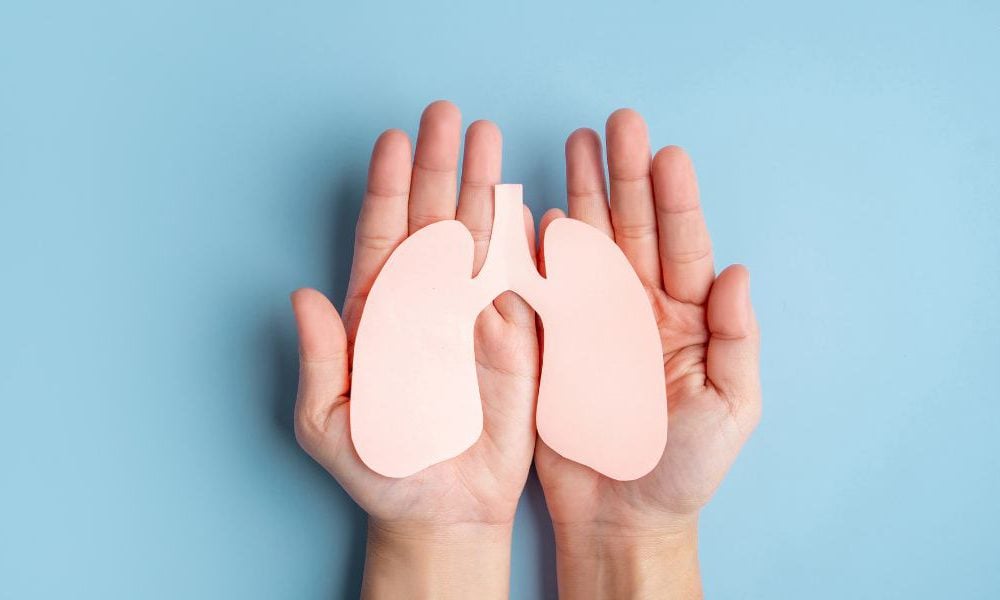Pneumonia, a common respiratory infection, poses a significant global health challenge, causing millions of deaths worldwide each year. This preventable and treatable disease affects individuals of all ages, with a disproportionate impact on children and vulnerable populations. In this blog post, we will explore the global impact of pneumonia on public health, including its burden, risk factors, preventive measures, and the importance of concerted efforts to combat this widespread condition.
The Burden of Pneumonia
Pneumonia remains a leading cause of morbidity and mortality worldwide. According to the World Health Organization (WHO), pneumonia accounts for approximately 15% of all deaths in children under the age of five, resulting in over 800,000 child deaths annually. Additionally, pneumonia affects millions of adults, particularly the elderly and individuals with weakened immune systems. Its global burden is immense, not only in terms of lives lost but also in economic costs and healthcare resources required to manage the disease.
Risk Factors and Vulnerable Populations
Several risk factors contribute to the development and severity of pneumonia. Malnutrition, inadequate access to healthcare, indoor and outdoor air pollution, smoking, chronic respiratory conditions, and immune deficiencies increase the susceptibility to pneumonia. Additionally, certain populations, including children under five, older adults, pregnant women, and individuals with pre-existing health conditions, are more vulnerable to severe pneumonia and its complications.
Prevention and Control Strategies
Preventing pneumonia requires a multifaceted approach that encompasses vaccination, improved hygiene practices, and addressing underlying risk factors. Vaccines against Streptococcus pneumoniae, Haemophilus influenzae type b, and respiratory syncytial virus (RSV) have proven effective in reducing pneumonia-related morbidity and mortality, particularly among children. Promoting breastfeeding, ensuring adequate nutrition, reducing exposure to indoor and outdoor pollutants, and encouraging smoking cessation are essential preventive measures.
Furthermore, access to healthcare and early diagnosis are crucial for prompt and appropriate treatment. Strengthening healthcare systems, particularly in resource-limited settings, is vital to ensure timely access to antibiotics and supportive care, reducing the severity and complications of pneumonia.
Collaborative Efforts and Global Initiatives
Addressing the global impact of pneumonia necessitates collaboration among governments, healthcare organizations, researchers, and communities. Global initiatives like the Global Action Plan for Pneumonia and Diarrhea (GAPPD), led by the WHO and UNICEF, strive to reduce pneumonia-related mortality and morbidity through comprehensive strategies, including scaling up preventive interventions, improving access to treatment, and enhancing surveillance systems.
Additionally, research and innovation play a vital role in combating pneumonia. Advancements in diagnostic techniques, development of new vaccines, and antimicrobial stewardship programs contribute to improved prevention, management, and control of the disease.
Conclusion
Pneumonia poses a significant public health challenge globally, with devastating consequences for individuals, families, and healthcare systems. The burden of pneumonia, particularly on children and vulnerable populations, demands collective action to prevent, diagnose, and treat this disease effectively. Through vaccination, improved hygiene practices, risk factor reduction, and strengthened healthcare systems, we can mitigate the global impact of pneumonia, saving lives and promoting a healthier future for all.

